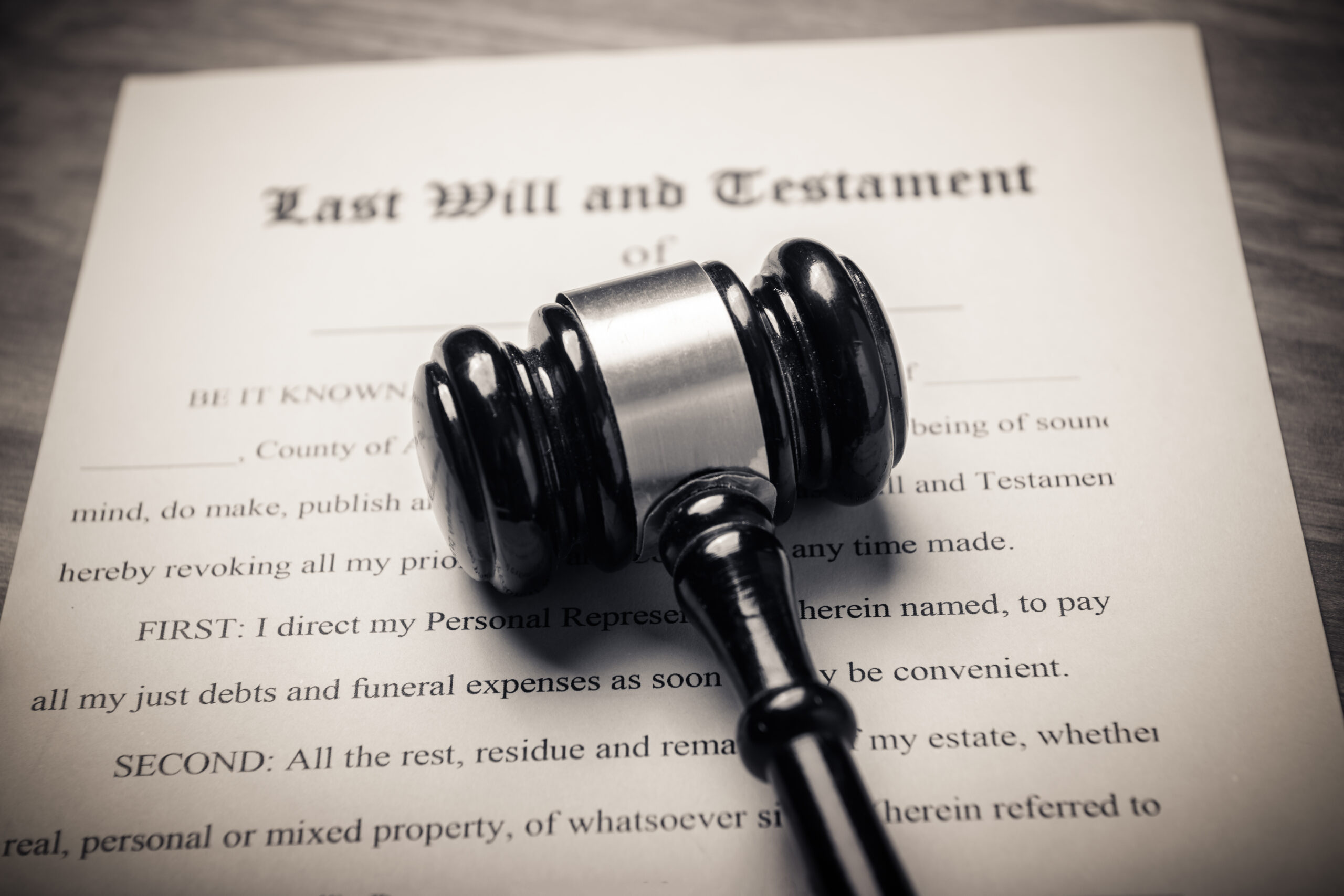Administration of deceased estate

Administration of deceased estates in Zimbabwe
Administration of Deceased Estates is governed by the Administration of Deceased Estates Act (Chapter 6:01) (herein referred to as the Act.)
What is a Deceased Estate?
A deceased estate comes into existence when a person dies and leaves property or belongings that have monetary value (such as real estate, vehicles, money in the bank, stocks and shares, household goods, insurance policies and jewelry). It must also be understood that when someone dies, the debts and liabilities that they held during their lifetime often continue and must be discharged out of the estate.
Who is responsible for Administering a Deceased Estate?
If a person dies and leaves a Will, usually they leave an instruction nominating one or more executers who will assume responsibilities. If someone dies without a Will, they are said to die intestate. The result is that the executor will have to be appointed in terms of the Act and distribution of the assets will be in terms of the applicable laws.
Death notice
The family of the deceased are required by law to complete what is known as a death notice. This essentially notifies the Master of the High Court the death of a person and prompts the opening of a deceased estate file at the Master’s offices. After submitting a death notice stating the deceased’s personal details including marital status and children, an Inventory of the assets of the deceased and estimated value thereof, the death certificate and marriage Certificate, if any, edict meeting fees are to be paid. A date for an edict meeting is then set by the Master of the High Court with a requirement that all relatives and interested parties be notified to attend.
Edict Meeting
The Edict meeting is a meeting of the relatives of the deceased including any interested parties. It is presided over by the Master of High Court for the purpose of appointing an executor where there is no Will that appointed one. If the deceased left a Will then the executor appointed by such Will is formally appointed by the Master. The Executor is appointed by the Master of the High Court through an official document known as Letters of Administration. These Letters of Administration empower the executor to administer or manage the affairs of the deceased’s Estate on behalf of the Master until the property is distributed to the rightful beneficiaries in terms of the law.
Duties of the Executor
The Act is very clear concerning the duties of the executor. The duties of an executor include but are not limited to the following;
1) completing an inventory,
2) the safeguarding and investment of those assets pending distribution to beneficiaries,
3) the payment of debts and liabilities owed by the estate,
4) the filing of appropriate tax returns for the deceased and the estate, and ultimately
5) the distribution of assets to beneficiaries in accordance with the provisions of the law in the absence of a Will.
If the beneficiaries feel that the executor is not discharging her/his duties properly they may lodge a complaint to the Master who, if He/she feels the complaint is substantiated and after carrying out an inquiry, may apply to a Judge of the High Court for the executor to be removed and another one to be appointed.
Approval of Distribution by the Master of High Court
Once the Master has approved the account it must be advertised as lying for inspection for 21 days at the Master’s Office in the district where the deceased was ordinarily resident. If no one objects to the account, the executor will proceed to pay all the creditors, legatees and heirs and submit proof of such distribution to the master. The Master will release the executor of his duties upon him adducing proof of such distribution.
Distribution of assets
If the 21-day inspection period has expired without objection, the executor will proceed with distributing the inheritances to beneficiaries.
What should a beneficiary do?
Once an executor has been appointed s/he holds the deceased’s estate in trust. Any actions that would have been instituted by or against the deceased have to be instituted by or against the executor. Beneficiaries are obligated to provide the executor with such information and documents as may be called for to enable the executor to take custody of the estate and to have an accurate inventory of assets and liabilities.
Disclaimer:
“The information provided in this content is for informational purposes only and does not constitute legal advice. The content is not intended to create, and receipt or viewing does not establish, an attorney-client relationship. You should not act or rely on any information in this content without seeking professional counsel from an attorney licensed in your jurisdiction.”
Muzembe Law Chambers is a Harare law firm offering a full circle of legal services. Contact us on mlawchambers2020@gmail.com should you need our assistance.
